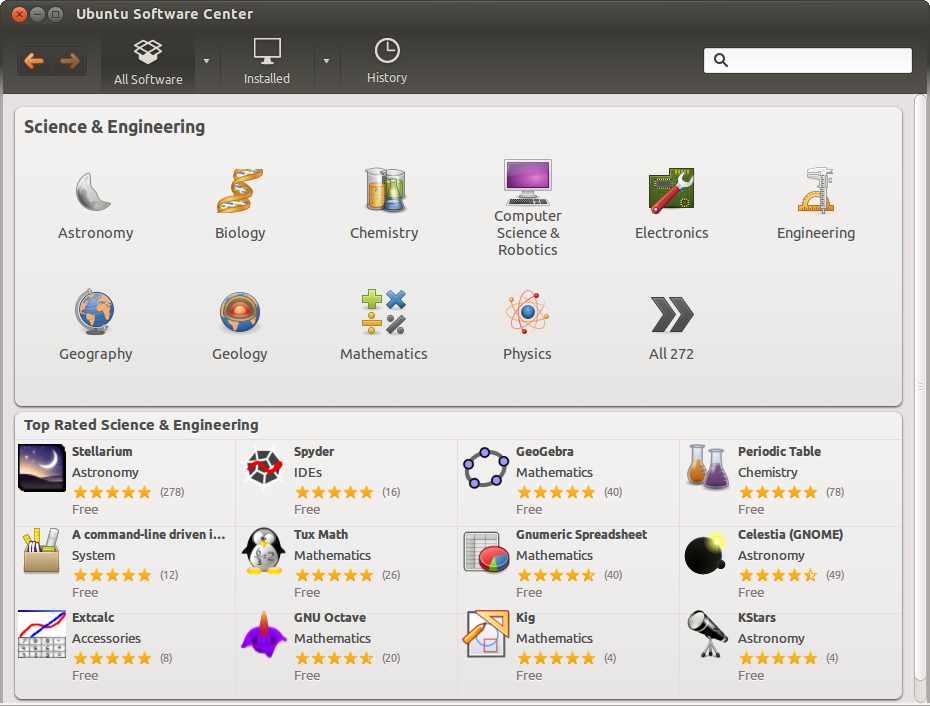Install A Deb Package On Fedora
LibreOffice is an open source and much powerfull personal productivity office suit for Linux, Windows & Mac, that provides feature rich functions for word.


Unfortunately, and after years of development in every part of the free software that we enjoy, there are still two primary types of software package available in GNU/Linux systems. The one is the.deb type which is used by Debian and Debian-based distributions like Ubuntu, Mint, and Elementary, and the other is the.rpm type which is used by Fedora, openSUSE, Mageia, and CentOS. As it is only natural, this causes confusion to users who search for the right package, and requires additional effort from software publishers and distributors. It is often the case that we find a software tool in rpm form when we would need a deb file, or vice versa. Fortunately, there's a workaround for this as we can try to transform the one type to the other. The conversion tool that we will need is called “alien” and you can install it on Ubuntu by opening a terminal and running the following command: sudo apt-get install alien If you're using Fedora or CentOS, you can install alien with: yum install alien Debian users can do this through: apt-get install alien Now let's suppose that I want to convert an.rpm package of the Tomahawk music player to use it on my system.
I should navigate to the location of the downloaded package and run the following command: sudo alien your_package_name.rpm Alien will convert the given file to a.deb type by default. The parameter for this type is “-d”.
If you want to do the opposite, you will have to use the “-r” parameter after the “alien” command. You may also convert to a “pkg” software package type by using the “-p” parameter, or to a “tgz” one (Slack) with “-t”.
Note that the version number in the resulting package is bumped by default. You can avoid this automatic change by inserting the “-k” parameter that will keep the version number the same as the original package. Sudo alien -k your_package_name.rpm You can even use the alien command to install the converted right away by including the “-i” parameter in the command. That would be 'sudo alien -d -i -k your_package_name.rpm”. This would convert the package into a.deb type, keep the current version number, and install the resulting file in your system.
Sorry to dampen the parade, but; Yum command has been deprecated, redirecting to '/usr/bin/dnf '. Torrent Information Technology Project Management 7th Edition. See 'man dnf' and 'man yum2dnf' for more information.
If you prefer to use the command line you are likely to use. Some applications aren't available in the repositories and have to be downloaded from the vendor's websites. You should be careful about downloading and installing Debian packages from sources that do not exist in the distribution's repositories. Some of the biggest applications are delivered in this format, including web browser. For this reason, it is important to know how to install the packages manually. Where To Get A.deb File (for demonstration purposes) First of all, you will need to go and get a.deb file to install. Visit to see a list of some packages that you can install in.deb format.
Remember this is just a guide to show how to install.deb packages and that you should really try and use the package managers first or if using a Ubuntu-based distribution find a relevant. On the QR Code Creator page, there is a.deb file.
Clicking on the link downloads the.deb file to your downloads folder. How To Install.deb Packages The tool used to install and uninstall Debian packages is called dpkg. It is a command line tool and through the use of switches, you can do many different things. The first thing you will want to do is install the package. Sudo dpkg -i For example to install the QR Code Creator the command would be as follows: sudo dpkg -i qr-code-creator_1.0_all.deb If you would prefer to (not sure why) you can also use --install instead of -i as follows: sudo dpkg --install qr-code-creator_1.0_all.deb What Is In A.deb File?